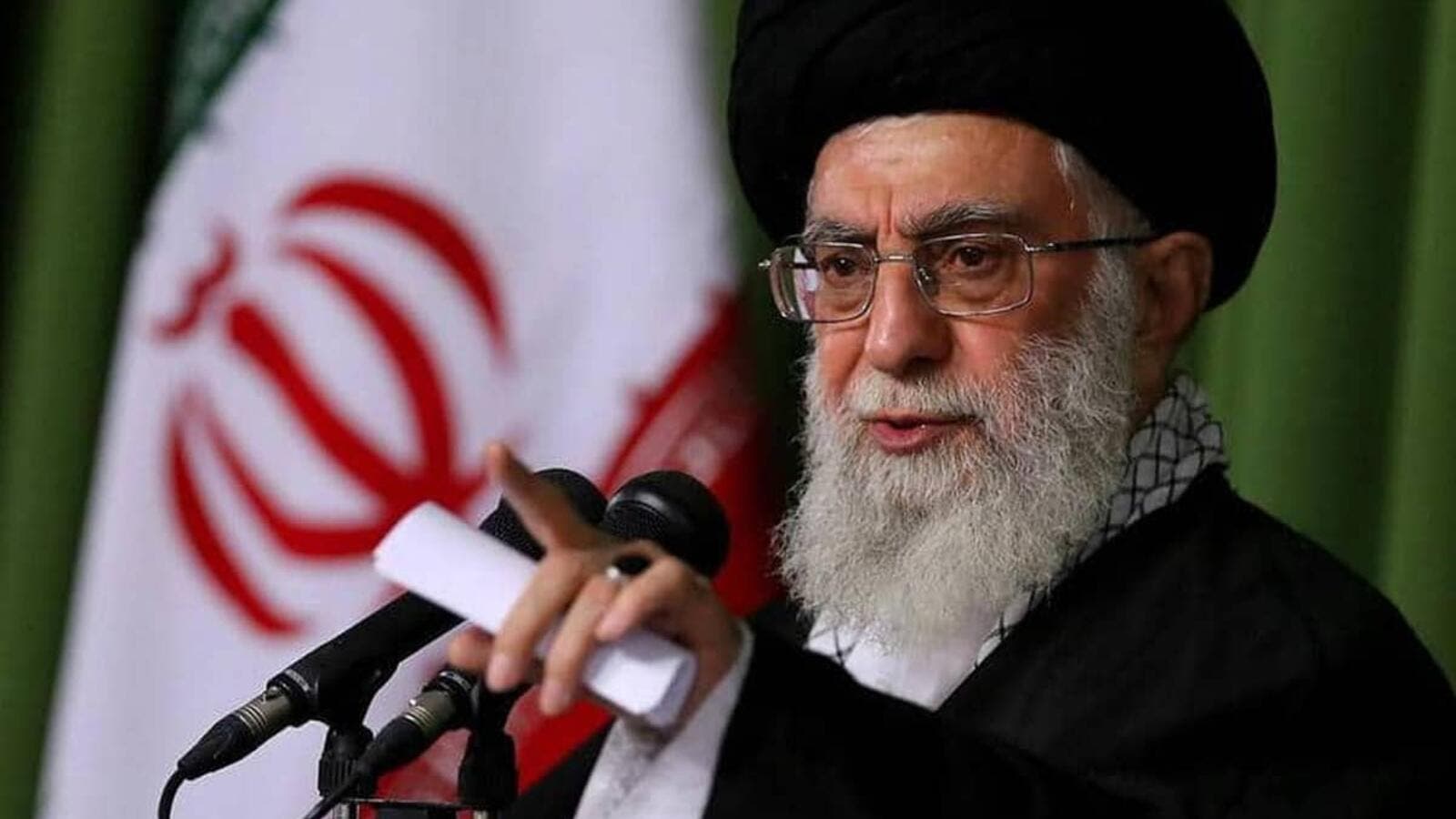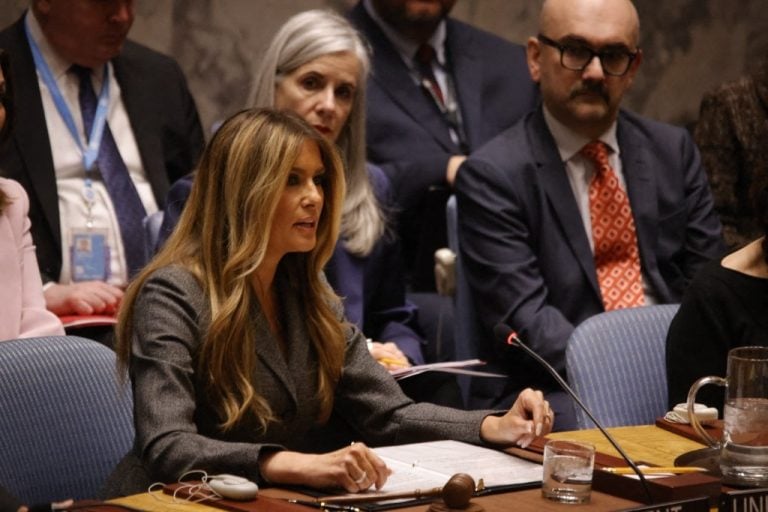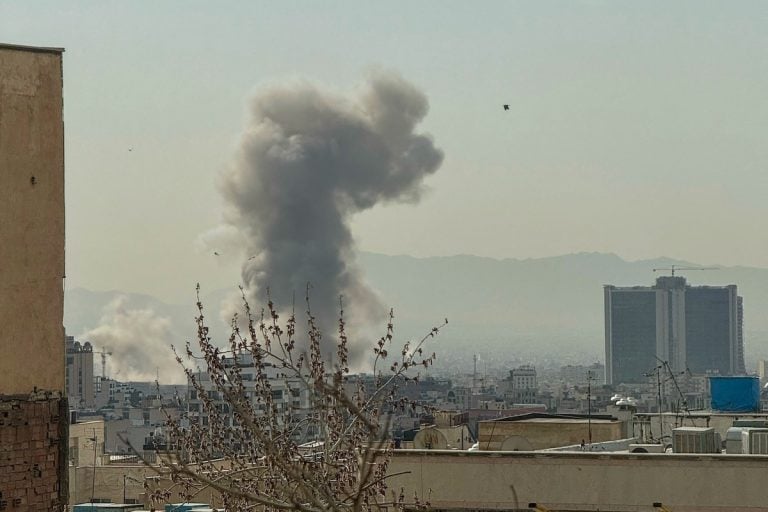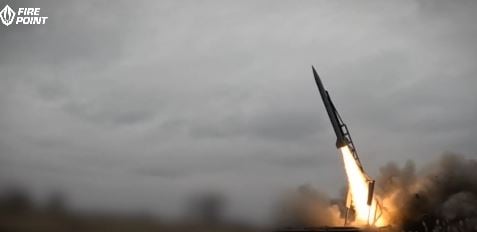In a heated response to U.S. threats, Iran’s Supreme Leader Ayatollah Ali Khamenei issued a stern warning on Monday during his speech marking Eid al-Fitr, threatening a strong retaliation if the Islamic Republic is attacked. Khamenei’s comments came in the wake of remarks made by U.S. President Donald Trump, who suggested that Iran could face bombing if it fails to reach an agreement regarding its nuclear program.
“They threaten to do mischief,” Khamenei stated, emphasizing that should these threats be acted upon, Iran would certainly respond with a powerful counterattack. Trump’s threats were articulated during an interview where he declared that if Iran did not comply with U.S. demands, military action would ensue. He also mentioned the possibility of imposing “secondary tariffs” on Iran, escalating the economic pressure already faced by the country.
The implications of Trump’s threat remain unclear, specifically whether he was referring to unilateral military action by U.S. forces or a coordinated operation alongside Israel. Since his inauguration in January, Trump has continued what he calls his “maximum pressure” campaign against Iran, which began when he withdrew the United States from the 2015 nuclear deal—an agreement aimed at curbing Iran’s nuclear ambitions in exchange for sanctions relief.
Under the framework of the 2015 accord, Iran agreed to limit its nuclear programs, a commitment that Western nations, including the U.S., argue Iran has not fully maintained. Tehran, however, has consistently denied pursuing nuclear weapons, asserting that its nuclear endeavors are for peaceful purposes.
In recent developments, Trump reportedly sent a letter to Khamenei on March 7, proposing nuclear negotiations and warning of potential military actions if Iran did not comply. Anwar Gargash, a presidential advisor from the UAE, delivered the letter to Iranian officials on March 12. Following this, Iranian Foreign Minister Abbas Araghchi confirmed that Iran had submitted a response to the letter through Oman, although he did not divulge specific details regarding its content.
Araghchi reaffirmed Iran’s stance against direct negotiations under conditions of “maximum pressure” and military threats but indicated a willingness to engage in “indirect negotiations.” Oman has previously facilitated dialogue between Tehran and Washington, notably after the severing of diplomatic relations post-1979 Islamic Revolution.
Furthermore, Western nations accuse Iran of backing various proxy forces in the region, which they label terrorist groups, a claim that Tehran disputes. Khamenei has positioned Iran as the leader of the so-called “axis of resistance” against Israel, which includes groups such as Hamas, Hezbollah, and the Houthi rebels. In his speech, Khamenei denounced Israel, referring to it as the “corrupt usurper Zionist regime,” and reiterated calls for its eradication. Iran does not recognize Israel and frequently criticizes the U.S. for its support of the Israeli state.







